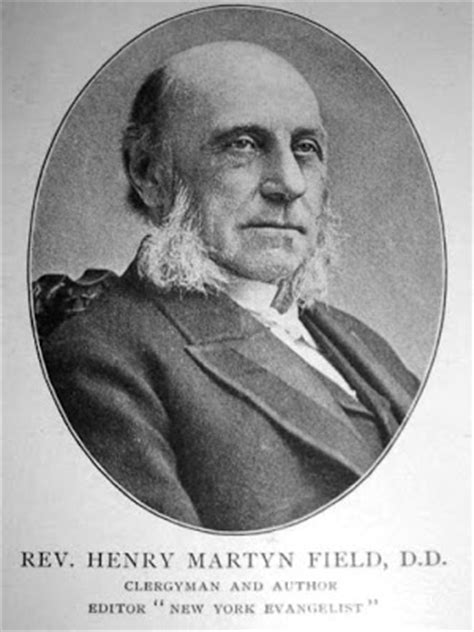A Quote by Ralph Waldo Emerson
Natural religion supplies still all the facts which are disguised under the dogma of popular creeds. The progress of religion is steadily to its identity with morals.
Related Quotes
So far as a man may be proud of a religion rooted in humility, I am very proud of my religion; I am especially proud of those parts of it that are most commonly called superstition. I am proud of being fettered by antiquated dogmas and enslaved by dead creeds (as my journalistic friends repeat with so much pertinacity), for I know very well that it is the heretical creeds that are dead, and that it is only the reasonable dogma that lives long enough to be called antiquated.
It makes that a virtue which is not a virtue, and that a crime which is not a crime. Religion consists in a round of observances that have no relation whatever to natural goodness, but which rather exclude it by being a substitute for it. Penances and pilgrimages take the place of justice and mercy, benevolence and charity. Such a religion, so far from being a purifier, is the great corrupter of morals.
[F]or avoiding the extremes of despotism or anarchy . . . the only ground of hope must be on the morals of the people. I believe that religion is the only solid base of morals and that morals are the only possible support of free governments. [T]herefore education should teach the precepts of religion and the duties of man towards God.
People think that they have no right to judge a fact - all they have to do is to accept it. Thus from the moment that technics, the State, or production, are facts, we must worship them as facts, and we must try to adapt ourselves to them. This is the very heart of modern religion, the religion of the established fact, the religion on which depend the lesser religions of the dollar, race, or the proletariat, which are only expressions of the great modern divinity, the Moloch of fact.
A religion, that is, a true religion, must consist of ideas and facts both; not of ideas alone without facts, for then it would be mere Philosophy; - nor of facts alone without ideas, of which those facts are symbols, or out of which they arise, or upon which they are grounded: for then it would be mere History.
I firmly believe that the method which sets theological theories against scientifically ascertained facts, is fatal to the current theology and injurious to the spirit of religion; and that the method which frankly recognizes the facts of life, and appreciates the spirit of the scientists whose patient and assiduous endeavor has brought those facts to light, will commend the spirit of religion to the new generation, and will benefit--not impair--theology as a science, by compelling its reconstruction.









































